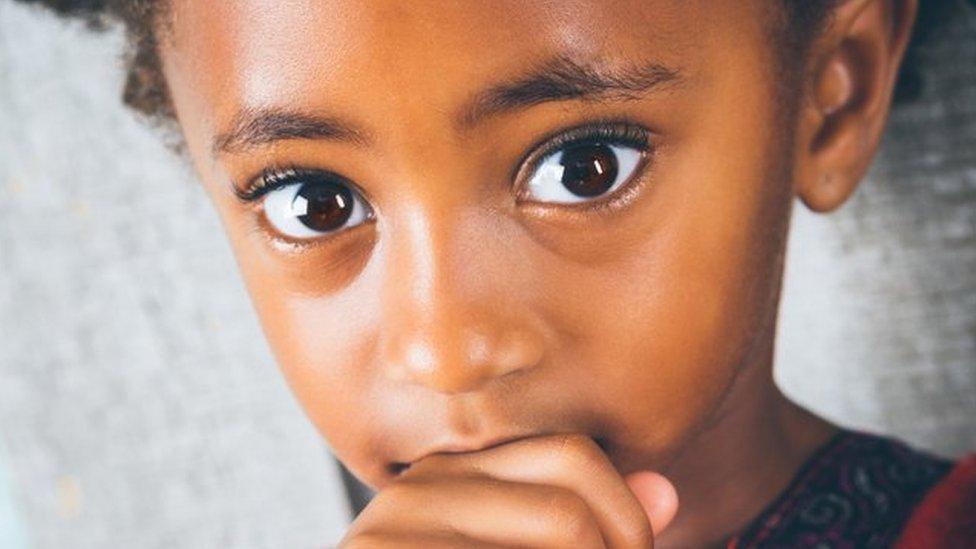FGM: The mother trying to protect her daughters
- Published
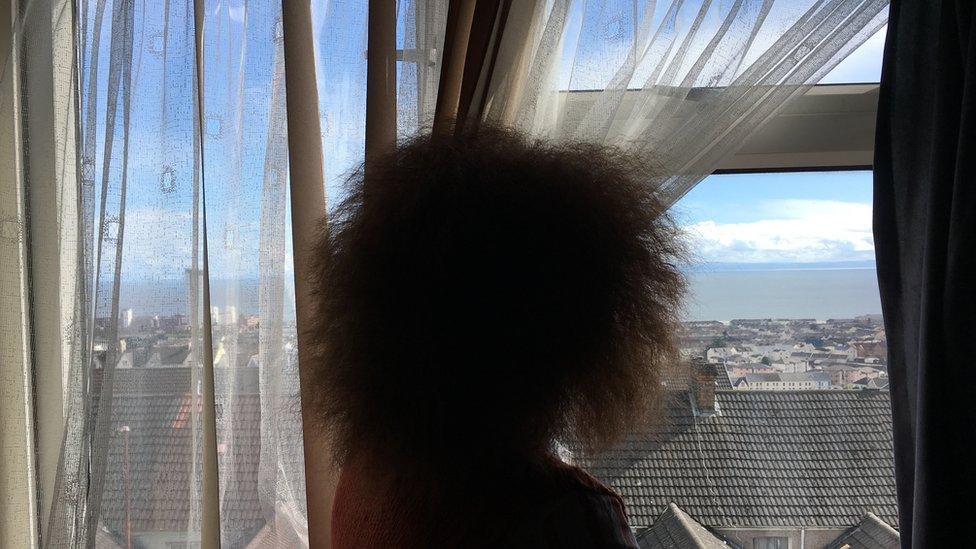
FGM is illegal in the UK but campaigners warn children are still taken abroad to have it done
A case of female genital mutilation was discovered every three days, on average, by maternity staff in Wales last year, according to new figures. One victim - an asylum seeker mother-of-three living in Swansea - describes her struggle to protect her two daughters from the practice. Names have been withheld to protect her children.
I was cut when I was two days old. I didn't know anything about it until years later my mum told me I had it done.
For me, growing up in Benin City in Nigeria, it was normal. Everyone had it done. The eldest of five daughters I was aware of my younger sisters having it done when I was growing up.
But I would just go off to play when the cutter came, I didn't really realise what was going on.
It wasn't until the cutter came to see my youngest sister I realised what was happening. By then she was seven and I was 12, so I was a bit more aware.
My mother told my sister in the weeks before: "Someone is coming to cut you, like I cut your sisters, my mum cut me and my great-grandmother cut her. It is nothing."
Then I asked her about it. She said it was a man who cut me, I bled for an hour and nearly died. After that they didn't cut my sisters until they were a bit older as they were scared they would die.
Even though I knew this, I couldn't tell my sister because if she didn't have it done or tried to run away people would have told her she was unclean, the community would have despised her and she would have been told she didn't belong.
FGM survivor describes witnessing her sister being cut
That day, the cutter had already been to see other girls. The cutter lay a small mat down in the back yard of our house and had pieces of broken bottles, razor blades to do the cutting. They were not clean, they had blood on them already.
She had a big lady with her, she forced my sister onto the ground and sat on her chest to hold her still. My sister could hardly breathe and couldn't move her arms or legs. The cutter was behind the lady and got to work.
My sister was fighting, she was screaming, but there was nothing she could do. I was screaming "stop this".
Even my mum couldn't watch.
By the end there was blood everywhere and my sister was unconscious. She had cried so much she didn't have anything left to give.
They said to give her water and tried to clean her up. That was all she had to make her feel better - water.
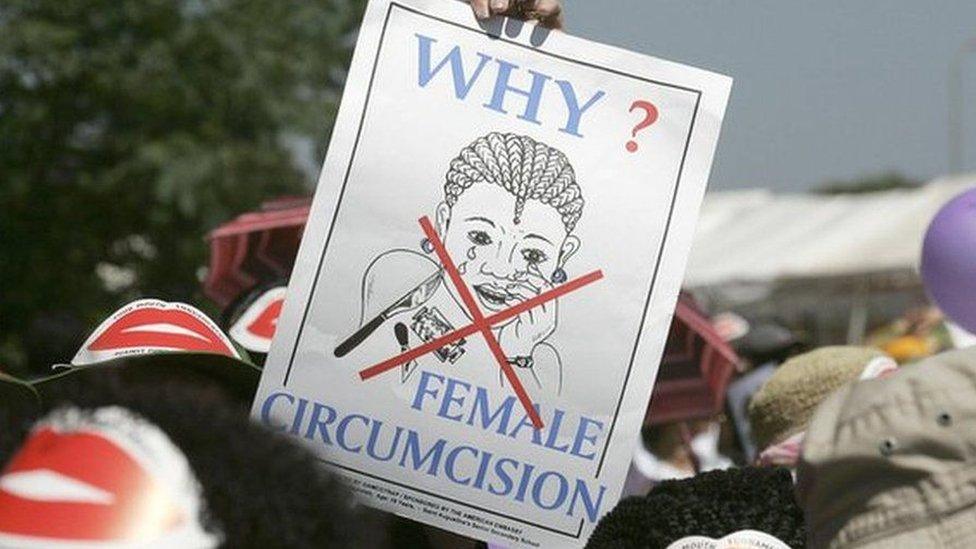
I just thought it was something that had to happen or you wouldn't be accepted by the community. I didn't know any different.
My mum told you: "If you don't do it your husband in future will not like you, will not respect you, will not appreciate that you are a proper woman. You will be cast out by the community".
They want the man to enjoy sex with you, it is all for the man, but why go through pain for just the man to enjoy sex with you when you don't enjoy it? It does not make sense to me.
When I came to England in 2007 I started to realise it was not necessarily the natural thing I had been brought up to believe. When I had my first boyfriend it was painful both during sex and after sex, I couldn't understand it. But I had no-one to talk to about it. I just assumed it was normal.
When I fell pregnant they told me I couldn't give birth naturally, so I had to have a Caesarean with both my girls and my little boy.
FGM destroys your body.
My daughter will soon turn seven - the age when my sister had it done - and I am so scared that someone will try to do it to her.

Find out more
For links to organisations offering support on FGM visit BBC Action Line
World Health Organisation factsheet on FGM, external
Crimestoppers are encouraging people to report FGM, external

I'm so happy my girls weren't born in Nigeria - if they had been my mum would have quietly come to my house, even if I said no, when I was at the market she would have come and had them cut.
I'm no longer in touch with family back in Nigeria, and thank god for that at the moment because of the risk of FGM. I'm just trying to bring my girls up, to teach them about my country and gradually teach them about FGM. But how do you explain FGM to a seven-year-old child?
I'm afraid to take them back to Nigeria to visit, I would really love to, but how safe is it? Even though it is banned there now it is still a way of life, because their foremothers have been doing it for a long time they continue to do it.
If I saw my mum, my sister or my grandmother there would be a very-massive risk for my girls.
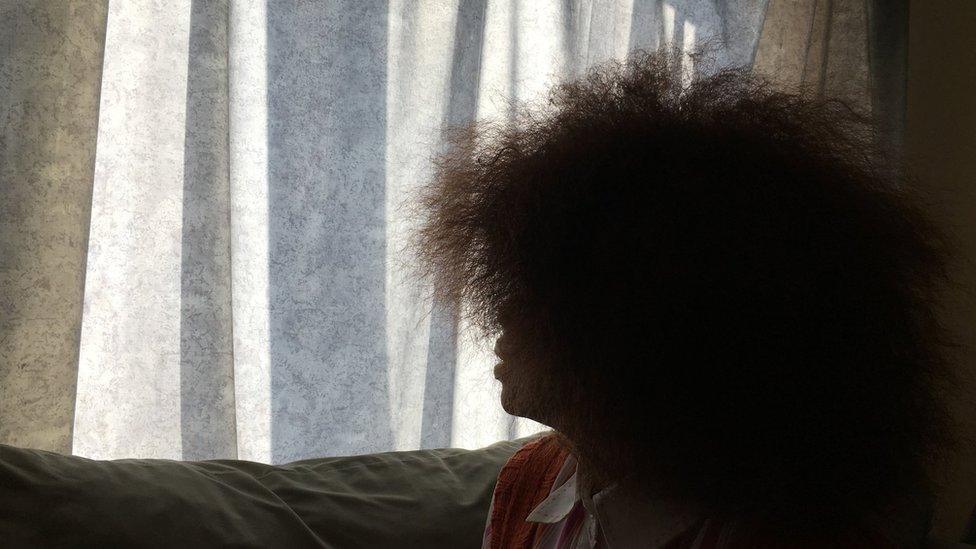
Campaigners believe young girls are targeted for FGM in the summer holidays - when there is time for them to recover
No way will I let someone do that to my girls, no way. They are happy, they are free, they are so blessed.
But even though we are in Wales now I'm so worried about someone seeing them and thinking they must have it done, and taking an opportunity to do it.
I know people might think "why would they cut my daughters if they don't know them?" but they are from a community that practises it. They might think this is a young girl, she needs to have it done.
I can never leave them anywhere, I can never leave them with anyone.
Survivors like me need to talk about being cut so that people know about it, so we are empowered to protect our children from it. If everyone keeps quiet, how are we going to stop it?
I want my daughters to know I stood up to speak against it, that is what I think my mum should have done for me and I want to do it for them.
Just as generations have been doing it, maybe my generation will be the one that stops it.
- Published22 April 2017
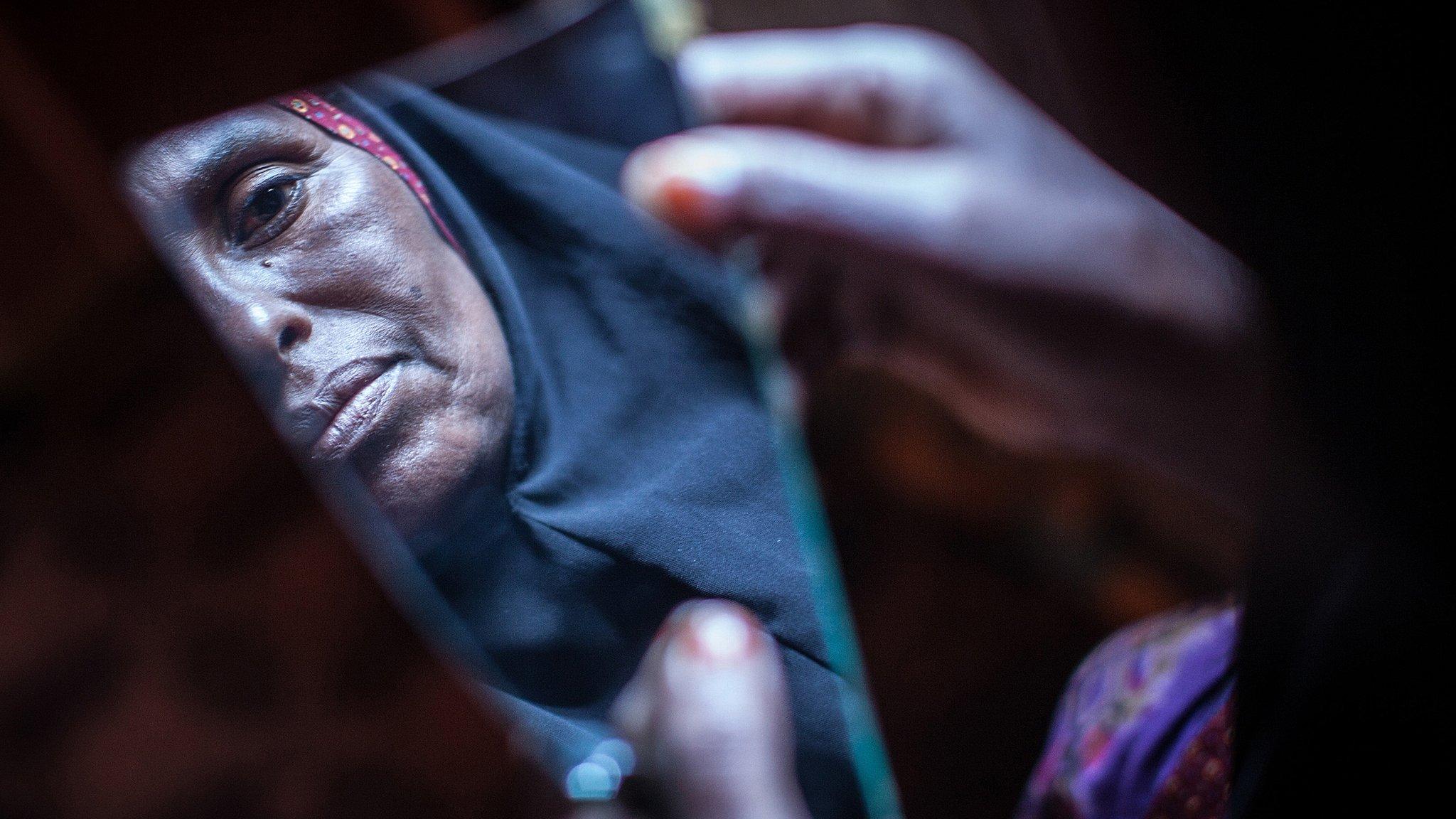
- Published20 November 2016
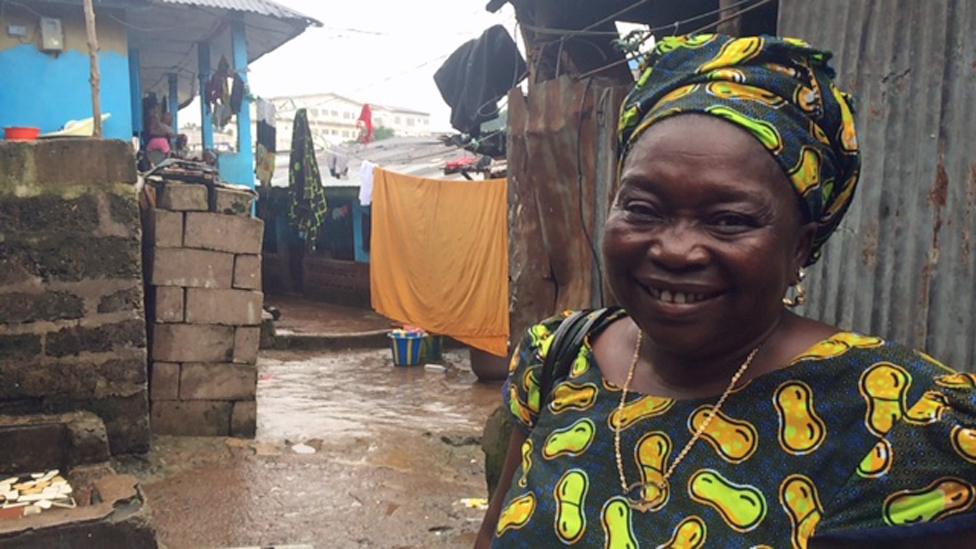
- Published6 February 2017

- Published6 February 2017
